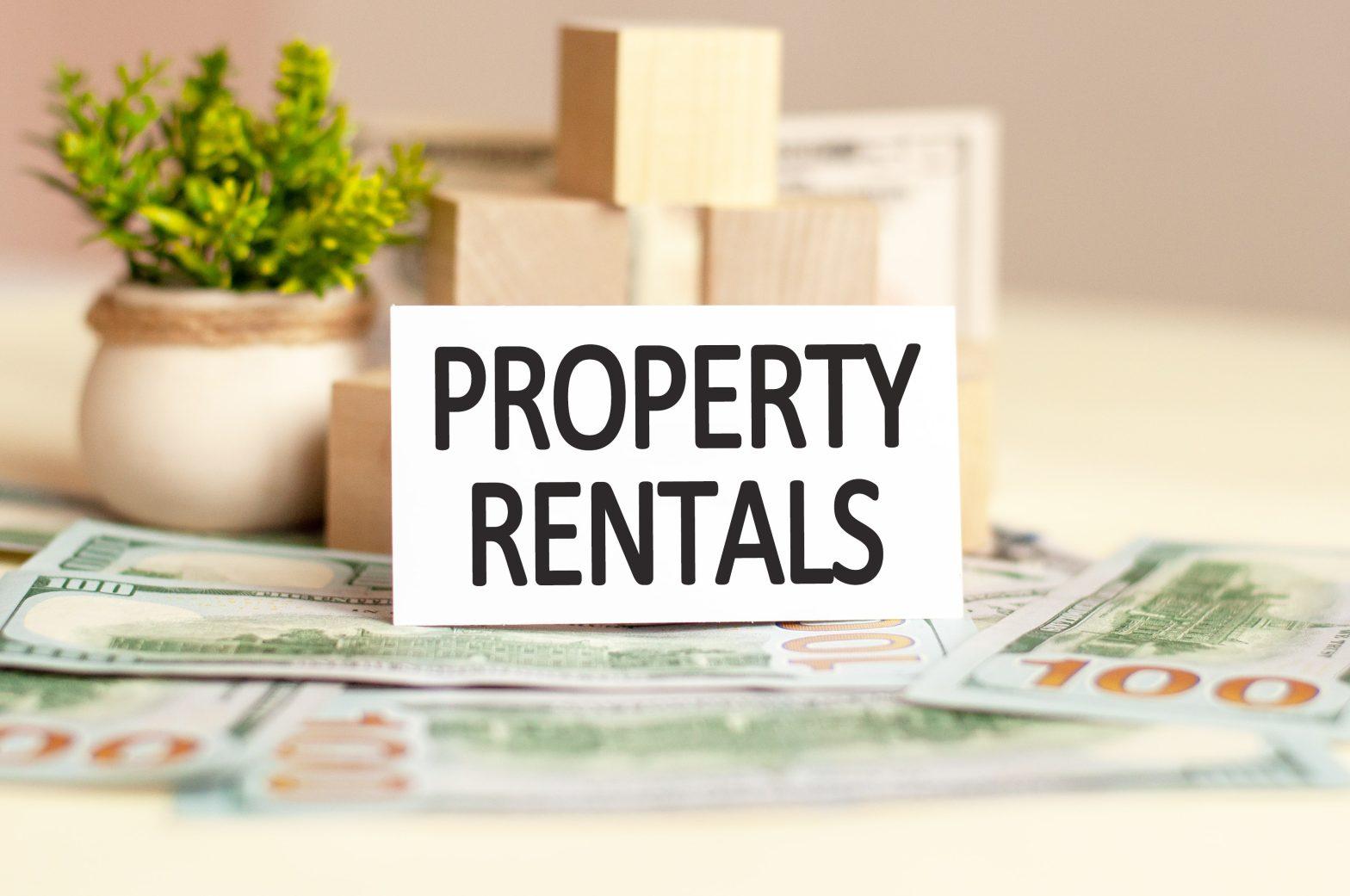Investing in rental properties is a new business venture for real estate investors. Rental properties add diversification to your investment portfolio. The one big thing about this investment is that you don’t have to be a millionaire before taking a plunge. The simplest way to get into this market is by renting out an extra part of your residence. Else, you can purchase an investment property and get into the market. The rental property investment strategy provides passive income and also is a tax-saving venture. So, before buying your first rental you must carefully read this comprehensive guide by Lilypads.
How to get started with rental property investment strategy?
A rental property investment strategy has two major advantages. Firstly, as with any other real estate property, the rental property appreciates in value over time. As a result, you can pay off your mortgage with this income property.
Furthermore, you can also sell the property for a higher price than what you originally paid for. However, it will lead you to worry about capital gains tax when selling.
Secondly, the investor can get returns in the form of positive cash flow. You can also earn passive income by collecting rent from your tenants.
There are several ways to invest directly in real estate. But to keep it simple, we divide them into two parts. First, buying a property with the intention of reselling it soon for a profit. And secondly, acquiring a property for the long term and renting it out.
A rental property can be a good investment option for prevailing solid cash flow due to its appreciating market. Despite all the glitz and glam, rental properties can present risks due to the lack of proper management.
Finding a good rental property
The first step in the rental property investment strategy is to find the appropriate property. Some of them select residential rentals mainly single-family homes and apartment buildings. Investing in locations with rising property values, easy access to transportation, and affordable property taxes can help increase investment opportunities.
After identifying a profitable rental property, all you need to do is do the math. You must be aware of the return that your investment will bring in. The property’s income must exceed the overall expenses including mortgage interest, property management costs, repairs, taxes, and insurance.
You can also calculate the profitability of your property by using the 1% rule. It is calculated by estimating the property’s monthly income and dividing it by the purchase price. If the proportion drops within 1% of the aggregate, then go for the property.
Sometimes it’s really difficult to figure out the best deal since always you can’t calculate all the expenses exactly. Thus, while determining the property’s income potential you must gather the necessary information regarding that particular property.
Rental Properties as an Investment Strategy
To figure out if a rental property investment strategy is right for you, you’ll need to make an estimation. The estimation is based on the property’s probable return on investment (ROI).
You can calculate the ROI by subtracting cost from gains and dividing it by the cost again. For example, you buy a rental property with $10,000 for stock in a company. Further, if you sell your shares for $12,000, then you’ve accomplished an ROI of 20%. That’s a net profit of $2,000, divided by the actual $10,000 purchase price; giving you a 20% return. Hence, investing in rental property tends to be profitable.
But it’s difficult to calculate the ROI potential of a rental property in advance. Because there are many factors that alter both the income potential and the property’s expenses.
Financing your rental property
It is more difficult to finance an investment property than to finance a home. In the case of investing in a rental property, you need to pay at least a 20% down payment. On condition, you have a good credit score. You have to check that there are no mortgage insurances on that property. If you pay more cash on a down payment then you are sure to get a better interest rate.
There are several other options for financing. For example, in “seller financing” a down payment is made by the investor. Furthermore, the rest is paid by the investor in installments just like in a traditional mortgage company.
Other methods of down payment include home equity loans or homeowners insurance on your residential property or real estate crowdfunding platforms.
Search your tenants
After finalizing financing and determining the closing costs the next important step is to find the tenants. Hence, renters should be examined properly to ensure that they are suitable tenants or not. Since they will be responsible for managing the property and making the payments on time.
Those who can’t afford rent, or don’t have a habit of paying rent will be disqualified. Furthermore, tenants who don’t have a reputation for maintaining their place will not be granted. You can also hire a property manager to do all these tenacious work.
Manage your property
If you desire to manage your property all alone, you ought to know how to screen tenants. Also managing leases, maintaining the property, collecting rent, and dealing with safety deposit deductions are also important factors.
Online platform services help in carrying out these procedures. Moreover, you’ve to be regular in maintaining the property so that you don’t have to face any emergency repairs.
A real estate investor who thinks his work seems too cumbersome then he can hire a third-party property management company. They will take care of all the work for you with a payment of roughly 8% to 12% of the rent.
Pros and cons of rental property investment strategy
Investing in rental properties comes with certain demerits along with merits also. Before investing you must be aware of both sides of rental properties.
The benefits:
- The income generated is generally passive and you can continue your regular job besides this investment. Only the initial costs must be kept aside.
- The worth of the rental properties is directly proportional to the value of the real estate.
- Security Tax is not charged on the income generated through investing in rental properties.
- Since the interest of the property loan is tax-deductible the investment plan for rental properties is beneficial.
- If any crisis arises the values of real estate remain steady than other types of markets such as the stock market.
The disadvantages:
- Unless you take the help of a property management company, tenants can be sometimes painful to deal with.
- The total mortgage payment can’t be covered by the rental income.
- If the markets start to deteriorate or you need cash, you won’t be able to sell real estate instantly like stocks.
- Investing in rental property carries higher entry and closing costs.
- Furthermore, you have to bear all the expenses of your property if you don’t have a tenant.
The Lilypads Bottomline
Investing in rental property is a lucrative investment that provides a good return. However, it comes with certain risks, which you have to handle carefully. Such as choosing the appropriate property with prospective tenants to get you the best deal. But, if you thoroughly follow this beginner’s approach it will be helpful for you.
The most critical feature of these investments is to get the best location to invest. Try to work with an experienced partner for your first rental property. We will help you to find the best property. Let’s work together on your rental property venture.

